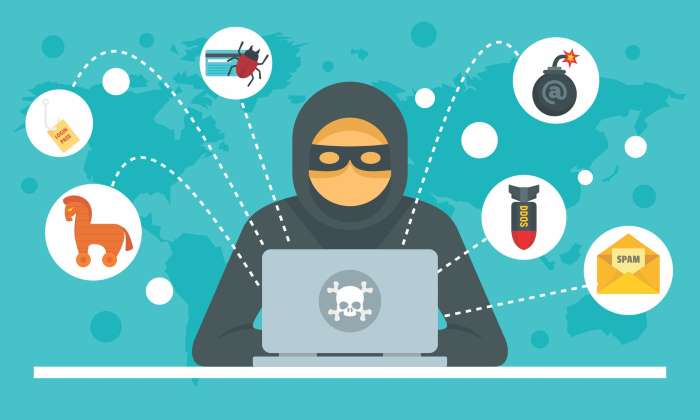
As we live more and more of our lives online, protecting your home computer has never been more important. Cyberattacks are only getting more sophisticated, and if you aren’t careful, you could expose your personal data, finances, and privacy. Below, we delve into the five biggest home computer security threats and offer practical advice on how to defend against them.
Malware and Ransomware Attacks
What It Is: Malware is a category of bad software designed to harm, disrupt, or steal from your computer. Ransomware is one type of malware that blocks access to your files or systems and requires payment to regain access.
How to Defend Against It:
- Use a good antivirus: A good antivirus protects your computer and stops any malware before it spreads. Keep your antivirus updated and perform regular scans.
- Be cautious with downloads: Avoid downloading files or software from untrustworthy sources. Stick to trustworthy websites and do not click on links in unexpected emails or text messages.
- Backup your data: You should regularly backup your files, to minimize the damage of a ransomware attack. If you get attacked, you can recover your data without paying the ransom.
Phishing Scams
What It Is: A fraudulent attempt to get sensitive information, whether that is a password, credit card number, or personal details, by pretending to be a trustworthy entity via email or through fake websites.
How to Defend Against It:
- Check the sender: Always verify the sender’s email address, and be mindful of emails that request personal information or link to nefarious sites.
- Watch for red flags: Be wary of grammatical mistakes, generic salutations — “Dear customer,” for instance — or urgency, such as “Immediate action required.”
- Turn on 2FA: It provides an additional layer of security for your accounts and makes it more difficult for cybercriminals to access your accounts, even if they have your password.
Weak or Stolen Passwords
What It Is: Weak or reused passwords allow hackers to easily gain access to your accounts. Many individuals continue to set trivially guessable passwords, like “123456” or their pet’s name, putting them at risk from attacks.
How to Defend Against It:
- Make use of strong, unique passwords: Use passwords that contain both uppercase and lowercase characters, numbers, and special symbols. Do not use easily guessable information.
- Use a password manager: A password manager allows you to create and save strong passwords for all your accounts so you don’t have to remember them all.
- Change passwords frequently: get into the habit of changing your passwords after a certain period, particularly for any accounts associated with banking or sensitive personal information.
Public Wi-Fi Vulnerabilities
What It Is: When you use a public Wi-Fi network, such as in a cafe, airport, or hotel, you connect via an unsecured network that is a prime target for hackers who want to intercept your data. Use of those networks for sensitive tasks like banking or logging on to e-mail can leave your personal information vulnerable.
How to Defend Against It:
- If you can avoid accessing sensitive information over public Wi-Fi: Try not to log into accounts or make financial transactions when on a public network.
- Use a Virtual Private Network (VPN): A VPN provides security for your internet traffic by encrypting it, thus keeping your data private and secure when using public Wi-Fi.
- Disable sharing: If you’re connected to public Wi-Fi, disable file and printer sharing, as hackers can easily share computers through these features.
Old Software and Operating Systems
What It Is: Cybercriminals frequently exploit special flaws in software and operating systems to infiltrate your computer. Keeping your software updated is important to patch discovered security vulnerabilities.
How to Defend Against It:
- Turn on automatic updates: most newer operating systems and applications come with an option for automatic updates. Turn on this feature to guarantee you’re always using the most up-to-date version.
- Regularly update all software: Along with the operating system, update browsers, antivirus programs, and any other software you use. Then, newly released updates fix many security vulnerabilities.
- Trim unused programs: If you no longer use certain applications, consider uninstalling them. Unused applications can pose a security risk if they are no longer patched.
Conclusion
An Important Aspect of Your Home Security Knowing the threats, malware, phishing, weak passwords, public Wi-Fi risks, and outdated software, will help you take action to protect your devices. If you put the best practices in place, for example by having antivirus software installed, strong passwords, and a VPN, you are much less likely to be a victim of cyberattacks and can maintain home computer security.

